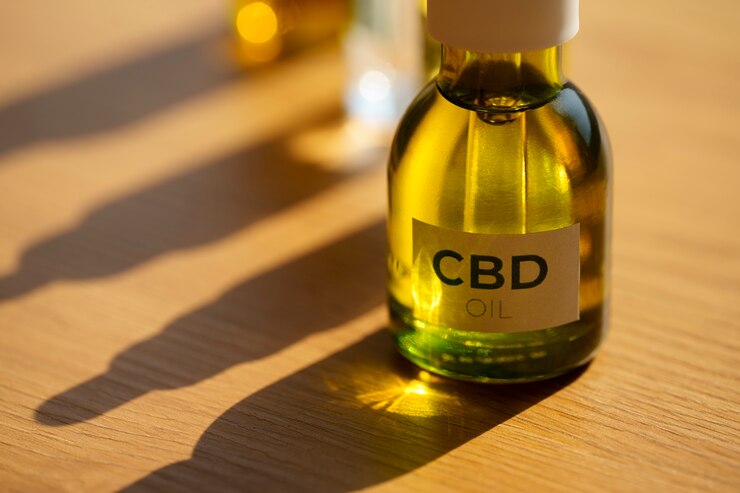Cannabidiol, commonly known by its abbreviation CBD, has become a ubiquitous term in the wellness world. From oils and tinctures to edibles and topicals, CBD products line the shelves of health stores and even some mainstream retailers.
But with all the buzz and growing popularity, it’s crucial to understand what CBD is and what it entails before considering its use.
1. Understanding CBD: Origins and Clarifications
Firstly, let’s clear up a common misconception: CBD is derived from the cannabis plant, but it’s not the same as marijuana. While both originate from the same plant species, Cannabis sativa, they differ significantly in their chemical composition. The psychoactive compound responsible for the “high” associated with marijuana is tetrahydrocannabinol (THC). CBD, on the other hand, is non-psychoactive, meaning it doesn’t produce an intoxicating effect.
CBD is primarily extracted from industrial hemp, a variety of the cannabis plant bred to contain very low levels of THC (typically less than 0.3%). This distinction is crucial, as CBD derived from hemp is legal in most parts of the world, while the legality of marijuana and its derivatives varies greatly depending on location.
2. How Does CBD Work in the Body?
The human body has an intricate network called the endocannabinoid system (ECS). This system plays a vital role in regulating various functions, including sleep, appetite, pain perception, and immune response. The ECS produces its own cannabinoids, similar to CBD, that interact with receptors throughout the body.
CBD, when introduced, interacts with these receptors in a non-intrusive manner, influencing the ECS’s activity. While the exact mechanisms are still under ongoing research, scientists believe this interaction may contribute to the potential therapeutic benefits associated with CBD.
3. The Science Behind CBD: Exploring Potential Benefits
It’s important to understand that CBD is not a cure-all and further research is needed to fully validate its effectiveness for various conditions. However, several promising studies suggest potential benefits, including:
- Pain relief: CBD may help manage chronic pain by reducing inflammation and interacting with pain receptors in the brain and spinal cord. Studies have shown positive results for conditions like arthritis and neuropathic pain.
- Anxiety and depression: Research suggests CBD may help reduce symptoms of anxiety and depression by influencing brain chemistry and promoting relaxation. However, more robust studies are needed to establish its role compared to traditional therapies.
- Sleep disorders: Early studies indicate CBD may improve sleep quality by reducing anxiety and promoting relaxation. However, further research is necessary to determine its long-term efficacy and optimal dosage.
- Epilepsy: The FDA has approved Epidiolex, a purified CBD medication, for treating specific forms of childhood epilepsy. Studies suggest CBD may help reduce seizure frequency in these cases.
4. Important Considerations Before Using CBD
While CBD is generally considered safe, it’s crucial to remember that everyone reacts differently. Here are some key points to consider:
- Consult your doctor: Before trying any CBD product, especially if you have any pre-existing health conditions or are taking medications, it’s essential to discuss it with your doctor. They can advise on potential interactions and ensure CBD is safe for you.
- Quality and source matter: Choose reputable brands that offer third-party lab testing reports verifying the product’s CBD content and absence of contaminants.
- Start low, go slow: Begin with a low dosage and gradually increase if needed, allowing your body to adjust.
- Be aware of potential interactions: CBD may interact with certain medications, so it’s important to disclose your complete medication list to your doctor when discussing CBD use.
5. The Future of CBD Research
Research on CBD is still in its early stages, but the growing body of evidence holds promise for its potential as a complementary therapy for various health concerns. As research continues, it’s crucial to approach available information critically and maintain realistic expectations. Remember, consulting a healthcare professional is always the best course of action before considering CBD use.
It’s important to note that this blog is intended for informational purposes only and should not be construed as medical advice. Always consult with a qualified healthcare professional before making any changes to your health regimen.

